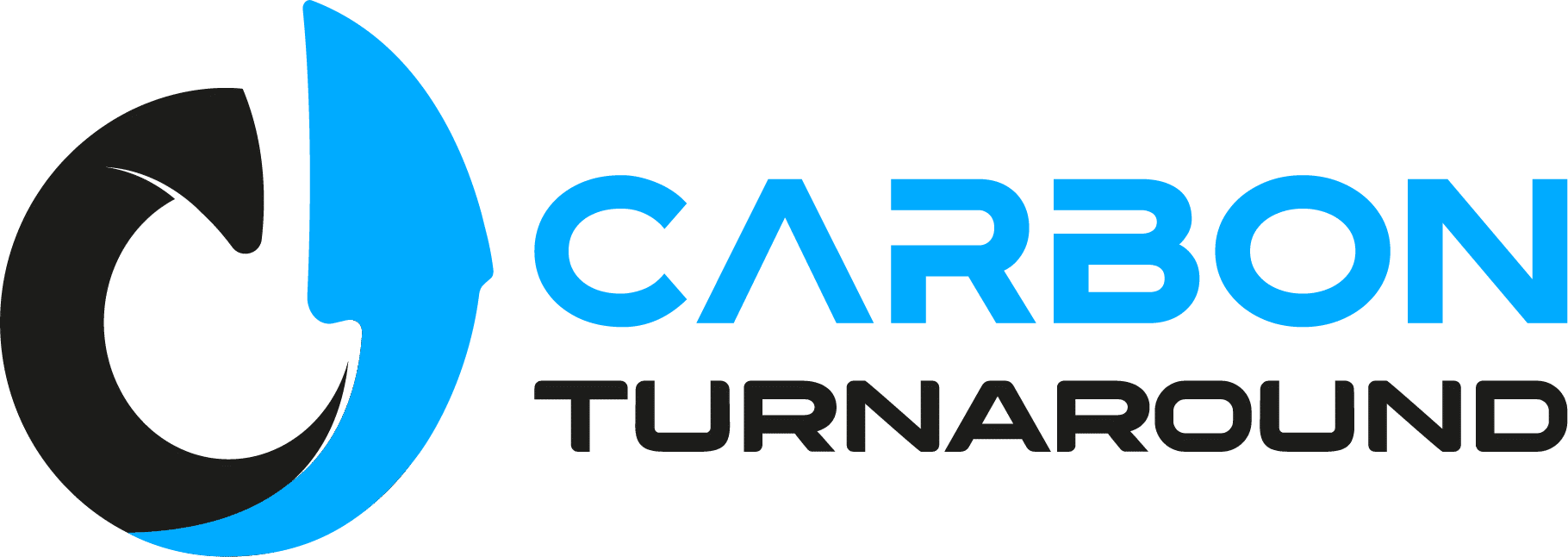CARBON TURNAROUND recently finalized one of its recent flagship projects, the development of a White Paper for the sustainable use of RDF (Refuse Derived Fuels) for its client the Subnational Climate Fund.
The Circular Economy experts from CARBON TURNAROUND have been assigned for this important project due to its excellent and long-lasting experience in the field of RDF fuels. RDF fuels are derived from solid waste streams, like Municipal Solid Waste (MSW) or industrial wastes to valorise them in energy plants and to replace traditional fossil fuels like coal or natural gas. This type of fuel is used for example in cement plants, industrial boilers or in waste to energy plants to support its decarbonization efforts.
The White Paper should serve as a guideline for decision-makers on the sustainable implementation and operation of waste management projects that involve the production of RDF. Especially in developing nations in the Global South, where still no proper waste management system is implemented, the production of RDF fuels could be an interesting solution to improve the current waste management situation.
The paper provides:
a comprehensive overview of RDF, its production, types, characteristics, storage, transportation and uses
guidelines for decision-making on waste management infrastructure involving the production of RDF
guideline for Gold Standard to establish safeguarding principles
The White Paper can be downloaded from the webpage of the Subnational Climate Fund here.
The Subnational Climate Fund is a global blended finance initiative that aims to invest in sustainable infrastructure projects with high climate mitigation impact, like renewable energy, waste management, nature-based solutions, or regenerative agriculture.
The Subnational Climate Fund is a partnership of consortium members composed by Pegasus Capital, the International Union for Conservation of Nature (IUCN), the Catalytic Finance Foundation, Gold Standard and The Green Climate Fund (GCF).
CARBON TURNAROUND is very proud about the successful execution of this significant advisory work. We are convinced that with this White Paper the base for the development of numerous sustainable RDF projects has been laid and a meaningful contribution to improve the waste management situation globally with a high climate mitigation impact has been made.



